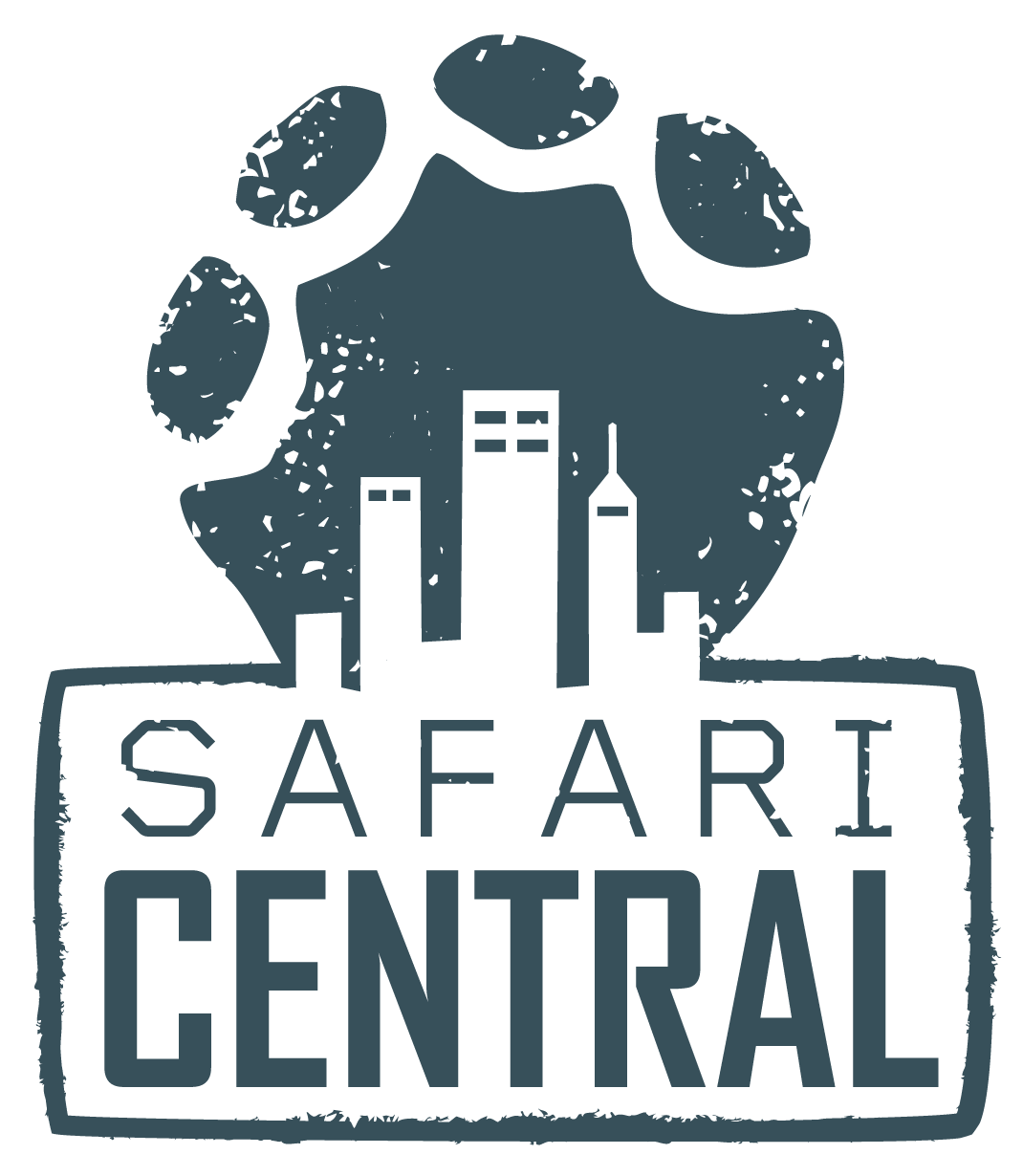This is one of the many things conservation organisations have to do in order to get poachers convicted
The cameras generally stop rolling after the poachers are caught, but the work of conservation organisations does not end there. Did you know they often have to help keep up the pressure to prosecute poachers, making sure witnesses get to trial hearings, or liaising with the authorities so key evidence like tusks are at court on the right day? One of our partners, Space for Giants, has a court monitoring unit, which keeps track of cases against poachers to ensure justice is truly served. It's one of the many reasons why Safari Central was developed: to get the public engaged in conservation and to raise funds for all the different activities that ensure wildlife has a future.
The Space for Giants court monitoring unit keeps track of all ongoing court cases and supports the journey to justice by helping to make sure witnesses and evidence show up for hearings.]
With court systems and wildlife protection agencies overburdened, and government wildlife organisations under-equipped and under-staffed, trials can fall through and suspected poachers are free to poach again.
This March, a Kenyan court convicted a man found illegally with ivory after Space for Giants helped the authorities track down a key witness whose lack of testimony was delaying the prosecution.
The man was found guilty of possessing 600g of elephant ivory and sentenced to a $10,000 fine – equivalent to at least eight years of his earnings – or a five year prison term. He was arrested when wildlife rangers found him with the tusk pieces inside a national park.
Tracking down witnesses
His case had dragged on for more than a year because a key witness – a police officer – had been reassigned to a new post in another part of Kenya, and court officials were struggling to track him down. Faith Maina, Space for Giants’ court monitoring officer, noticed the hold-up. The officer was found and brought to court in Nyeri in central Kenya to give his crucial testimony.
Less than 10 days later, the case, which had been stalled for months, was concluded and the man convicted.
Transporting evidence
In another case this October, Space for Giants made sure two tusks weighing over 45kg each were brought to court after urgent other commitments initially left the Kenya Wildlife Service, which looks after key court exhibits like these, without a vehicle to transport them.
The tusks are believed to have come from the same elephant, making it one of Africa's famed 'Great Tuskers' – animals with more than 100lbs or 45kg of ivory on each side that have now almost been wiped out by poachers. KWS agents posing as buyers were offered the tusks during a sting operation in January 2015.
KWS rangers carrying tusks to the courthouse
The fact that court cases need this sort of help from conservation organisations might come as a surprise to those expecting the government to take on these responsibilities.
"Everyone working on these trials – the judiciary, the prosecution service, the KWS, the Kenya Police Service – faces a daunting caseload, and I think we can all understand that oversights happen under these difficult circumstances," said Shamini Jayanathan, Space for Giants' director of wildlife justice.
"What Space for Giants can do is provide an extra pair of eyes and ears on these proceedings, and step in to support the authorities however they see fit."
There have been a string of recent high-profile arrests and convictions of major poachers in East Africa. Kenya jailed Feisal Mohamed, a Kenyan kingpin, for 20 years last July. Tanzania recently sentenced a notorious poacher named ‘The Devil’ to 12 years in prison. He was featured in the Netflix documentary The Ivory Game.
In order to protect wildlife, crime should not pay and poachers need to be convicted both as punishment but also as a deterrent to others. Court monitoring can be tedious work that requires constant vigilance in order to ensure the poachers get the punishment they deserve.
How games can support conservation
Conservation is complex, with hundreds of larger and smaller, hidden and visible activities. With the illegal wildlife trade worth 23 billion USD, consumers, smugglers and traders create lots of incentives for poachers to keep poaching, and there is a lot of money and power stacked against those who are trying to protect wildlife.
Communicating the complexity of conservation while empowering people to make a difference is not easy: nuance rarely makes it through the daily barrage of news coming our way. That is why Safari Central engages people all across the world directly with conservation organisations like Space for Giants.
Players engage with individual animals and their stories, and learn more about all the nuances of the work of conservation partners. But we do more then just connect: all revenue from your in-app purchases in Safari Central go to the crucial work of our conservation partners. Safari Central is all about having fun with wildlife, while supporting a great cause.

![The Space for Giants court monitoring unit keeps track of all ongoing court cases and supports the journey to justice by helping to make sure witnesses and evidence show up for hearings.]](https://images.squarespace-cdn.com/content/v1/5977389c37c5810a23f06382/1509363580483-8OSHZ8W9VCOQLXJQSZSB/conservation_games)
